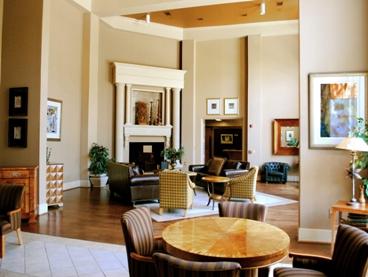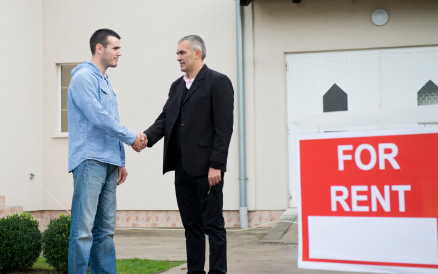Should You Furnish Your Rental Property? Considerations for Landlords.
To furnish or not to furnish? That is the question every landlord faces when considering how to market their rental property. An unfurnished property may appeal to a different category of renter than a furnished one, generally older or more settled people who have their own furniture or a young family who may view the rental property as a long term housing solution. In fact, many people assume that most rental homes are leased unfurnished, as yours probably is right now. And the truth is, most tenants expect that. Students, for example, nearly always require furnished properties, whereas families and older tenants usually provide items such as sofas, beds and wardrobes themselves. Here are ways landlords can benefit from furnishing their rental properties and some consideration of the downsides.
Furnishing Narrows Your Target
One of main considerations for whether to provide tenants with a furnished home is based on what the local market is currently doing. In particular, furnished rental properties appeal to people moving from a significant distance as well as young tenants renting their first apartment. For example, students often have small budgets and move in and out a lot due to their school schedules, so a furnished home may be appealing to students looking to rent. Transporting furniture cross-country or buying an entire apartment worth of furniture at once may simply be out of the question due to cost.
Furnished Apartments Rent For More
Furnished apartments are in high demand, and the combination of convenience and limited availability means that these apartments list for more on the market. When handled by an expert tax professional, you may be able to write off some of the furnishings you place in your residence as part of the 5-year depreciation of rental property. People are willing to pay more for the convenience of moving into a furnished place, as well as the benefit of shorter-term stays that are associated with furnished properties. Even with the need to occasionally replace certain staple items like tables and chairs, the overall financial picture tends to benefit landlords.
Tax advantages
As an independent business owner, landlords can benefit from certain tax breaks and deductions. Depreciation is always a good advantage, other tax advantages may depend on the type of dwelling it is (separate house, apartment in a managed complex) and your tax advisor will need to advise you on these. By choosing to furnish your rental property, you are investing in a consumable product necessary to your business, and the purchases can typically be deducted as business costs. Furniture investments can be just the break you need.
The Downside of Furnishing
Upkeep
While furnishing your rental properties can yield great benefits for landlords, there are certainly reasons to skip furnishing and allow your tenants to take on that task. One of the most obvious reasons is related to upkeep. As a landlord, you already have extensive cleaning responsibilities when transitioning between tenants and monitor those furnishings for theft or damage throughout your tenant’s lease term.
Storage
Another reason is, some landlords choose to furnish their apartments in order to open up more options, they can provide both furnished and unfurnished properties and attract a more diverse group of potential renters. Since the market for furnished apartments isn’t saturated, typically they remain in high demand. Unfortunately, in some cases, unfurnished apartments simply rent more quickly. In these cases, landlords may find themselves having to store what furnishings they’ve purchased. While storage space for one apartment’s furniture may not be a huge cost in the grand scheme of things, it can feel unnecessary and frustrating when landlords find themselves shelling it out for garage space.
Some tenants wouldn’t want to lease furnished homes because they want a long-term lease agreement that is either unavailable to them or they do not want to live long-term in a place with furnishings that are not their own. If they have some of the furnishings you happen to provide in your rental home, most tenants will not be happy about paying the premium rental rate while also paying to store some of their own furniture. And they may not like your style. If they have to live in your property on a daily basis and hate the look of that traditional floral couch you provide, that can cause problems. Everyone’s taste is different





